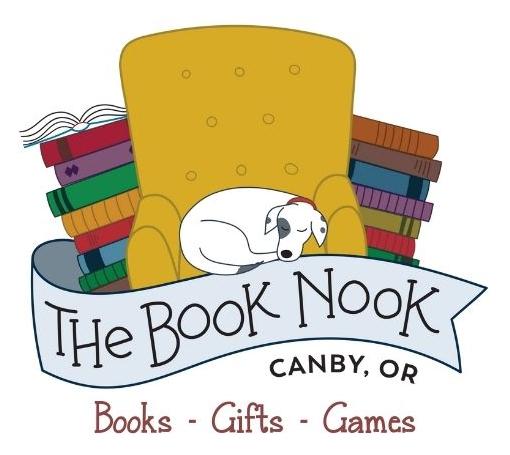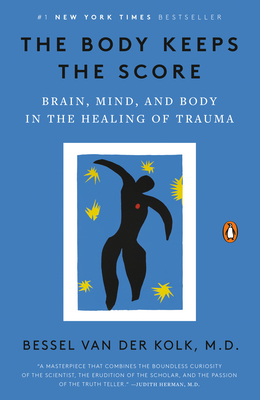
The Library Liaison's Training Guide to Collection Management (ALCTS Monograph)
Description
Library liaisons often have primary jobs that do not involve collection development, but their familiarity with collection practices makes all the difference in faculty relations. And time pressures mean that on-boarding needs to be as streamlined as possible. This concise, field-tested training manual will put your liaison on solid footing. Plus, end of the chapter prompts make it easy to tailor your approach to local practices. With the help of this resource, your new liaison will get up to speed on such topics as
- tracking budget balances in assigned departments;
- differentiating between the needs of an individual faculty member and their department;
- how to say no to monograph requests;
- benchmarking titles with peer institutions or coordinating within a consortium;
- 17 questions to ask when evaluating a database;
- considerations when making weeding decisions;
- four key conversations to have annually between liaisons and collection development librarians; and
- gathering data for program accreditation reports.
Praise for The Library Liaison's Training Guide to Collection Management (ALCTS Monograph)
”An effective training manual to be used as basis for understanding and mastering local practice ... I only wish such a resource had been available 40 years ago when I was learning to be a library liaison and as I subsequently assumed the role of training others."
— Technicalities
”Although other sources focus exclusively on either the role of a library liaison or collection development, Armstrong and Dinkle offer an overview of collection management tailored to library liaisons and imbued with everyday practical wisdom ... Notably, the case studies exemplify novel circumstances that only experience could teach and conclude with a bulleted list of key takeaways. "
— Technical Services Quarterly
”[This book] is a comprehensive overview of a liaison’s role in the life cycle of library collections ... Armstrong and Dinkle offer libraries an ideal model for engaging liaison librarians in management of the collection. However, they are realistic about local practices. Among the most valuable tools in this book is each chapter’s 'Local Practices Questionnaire.' These questionnaires are not only a useful framework for new liaisons, they may also help collection managers organize training materials or anticipate common questions."
— Journal of Electronic Resources Librarianship



